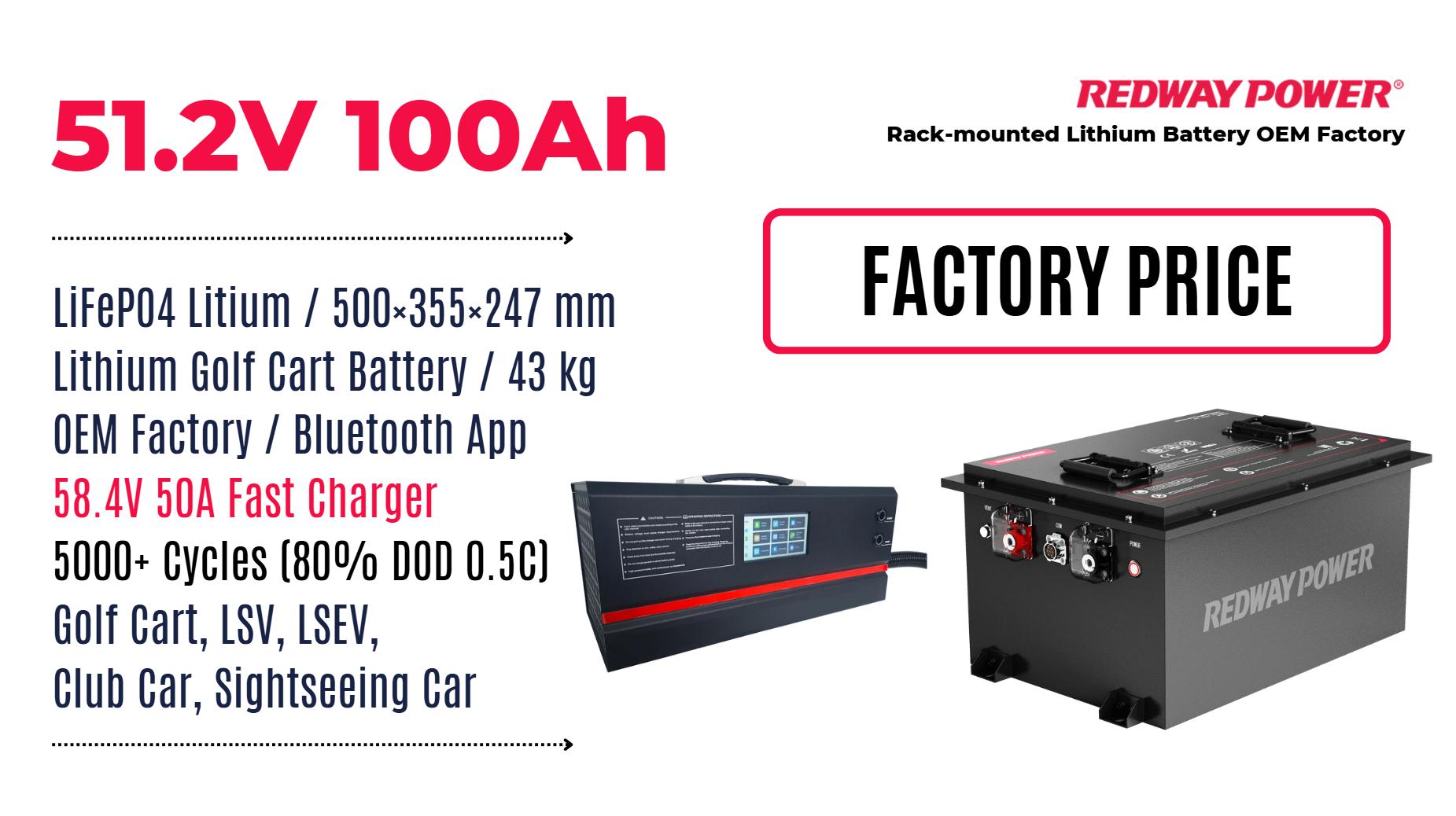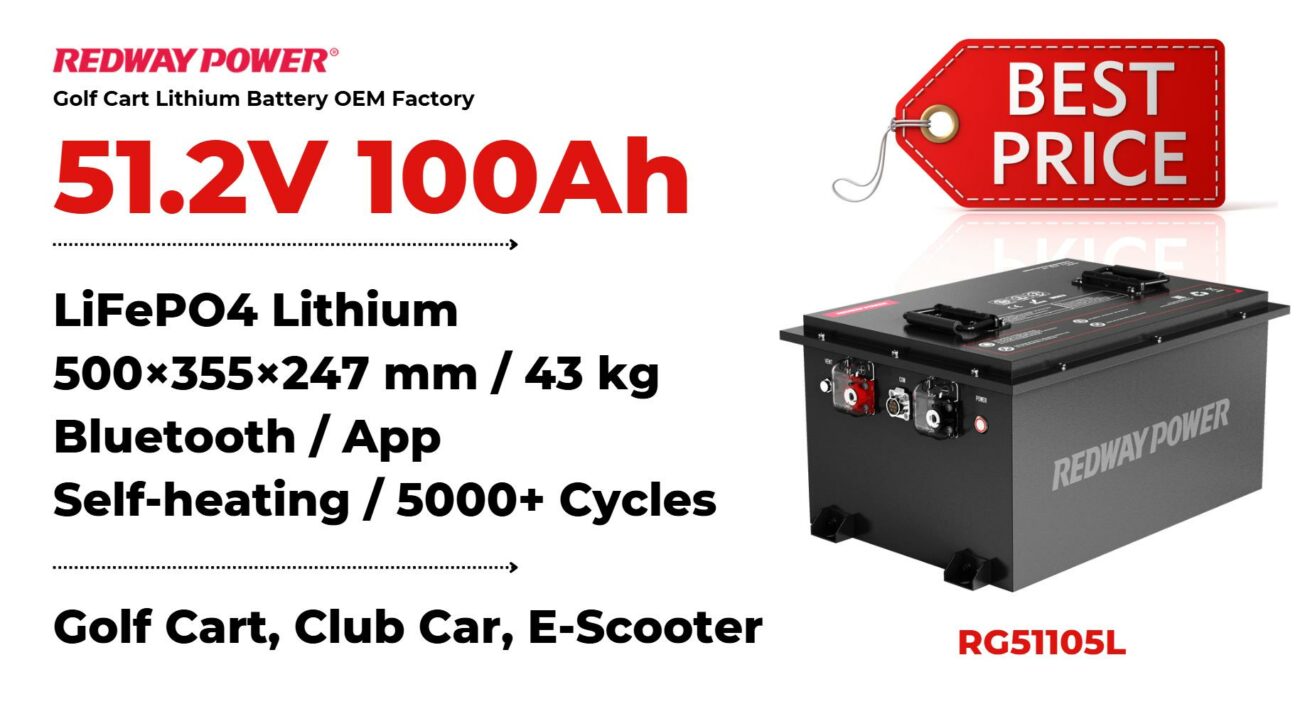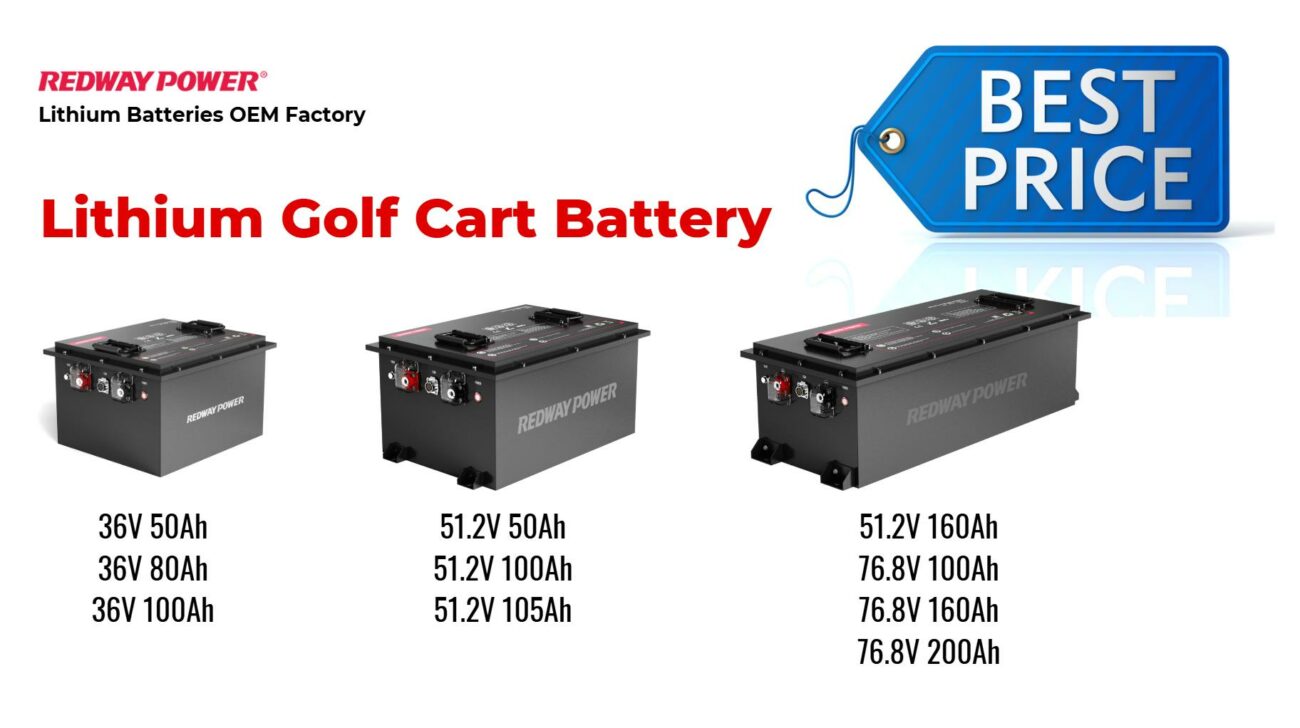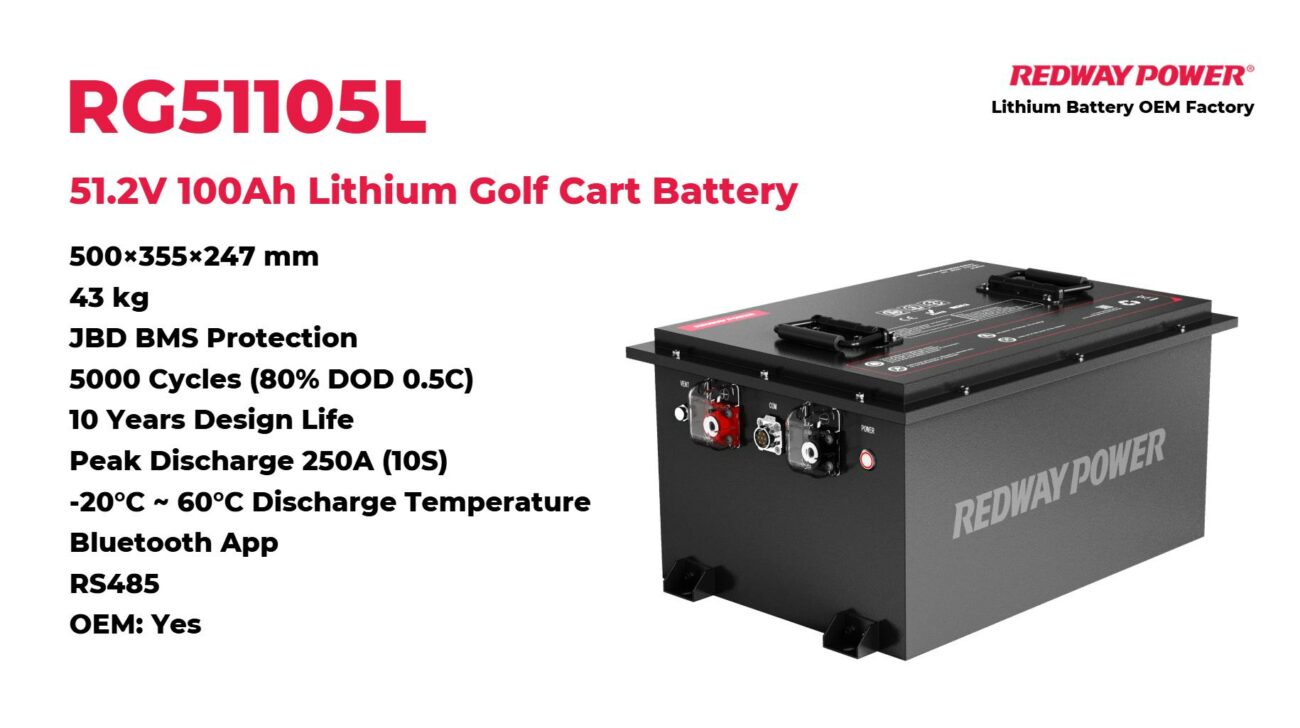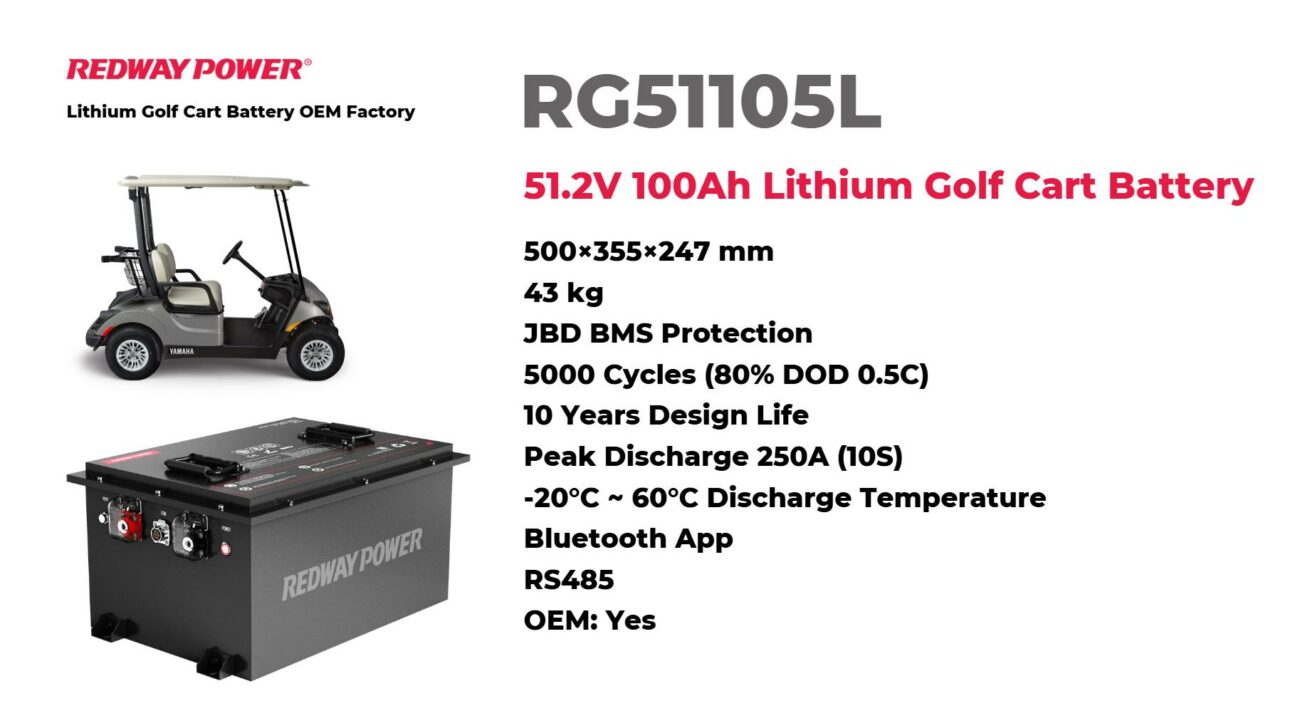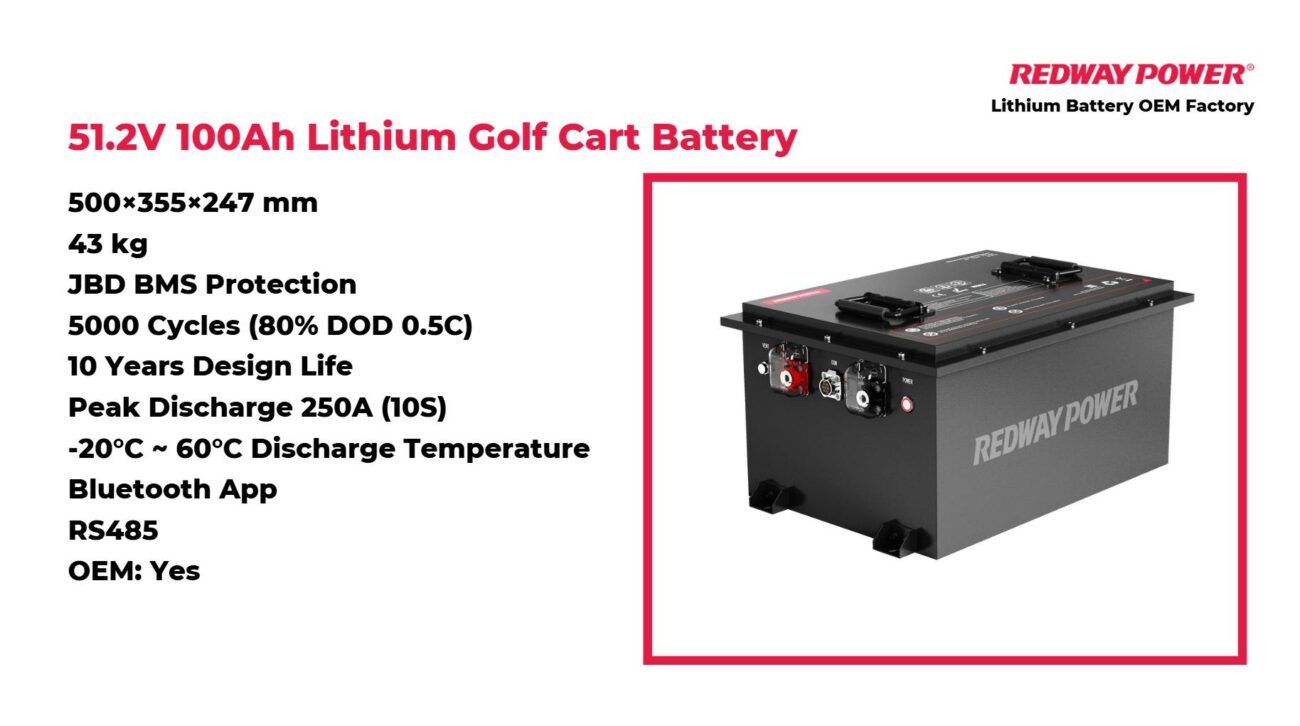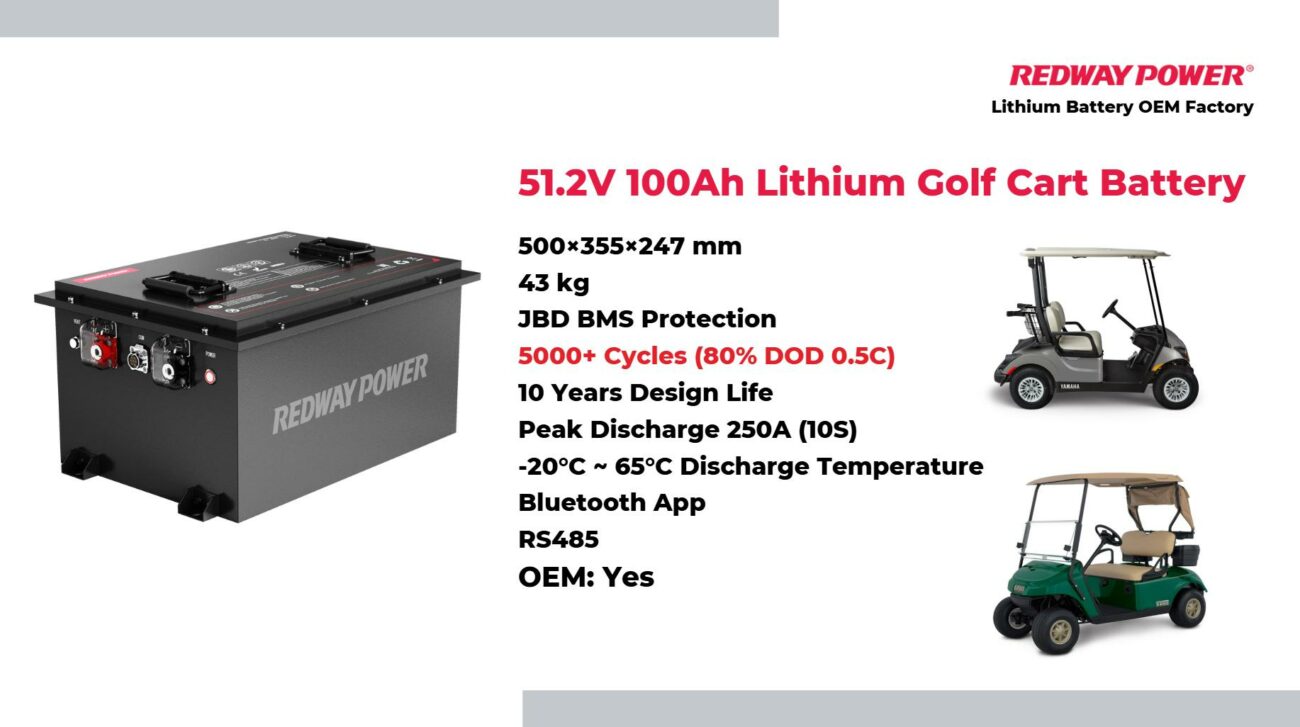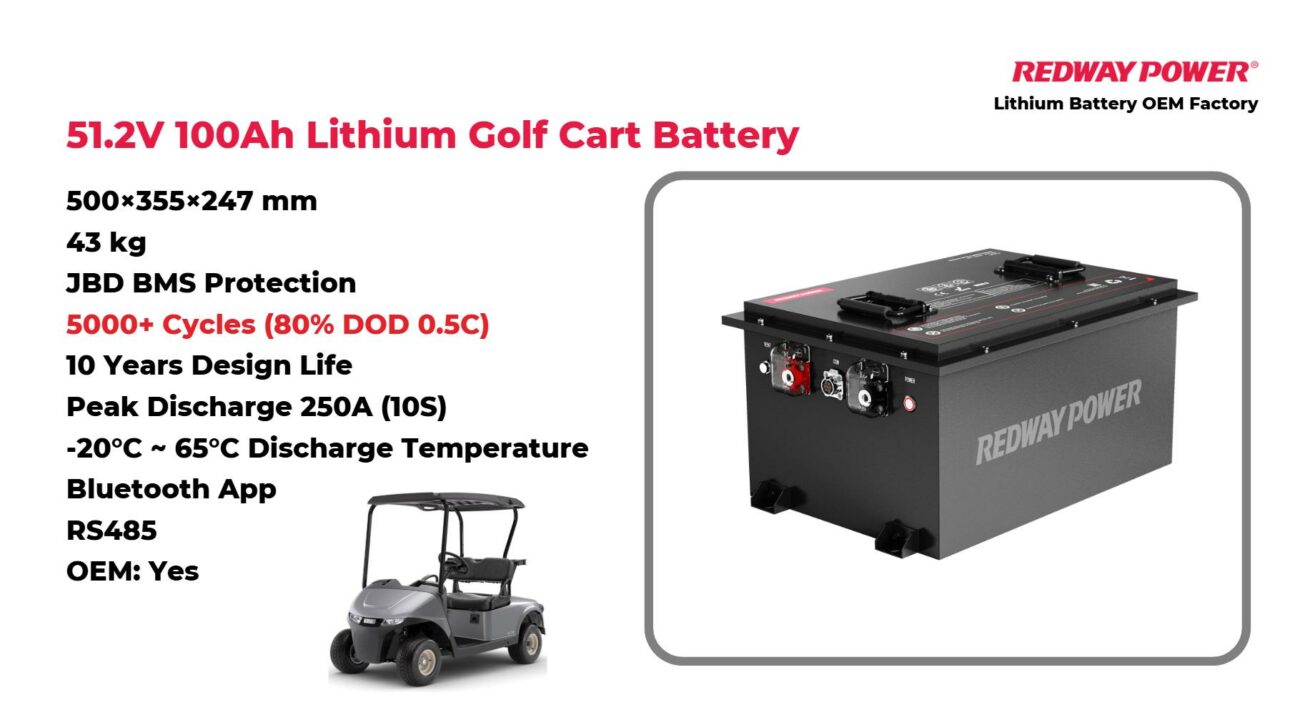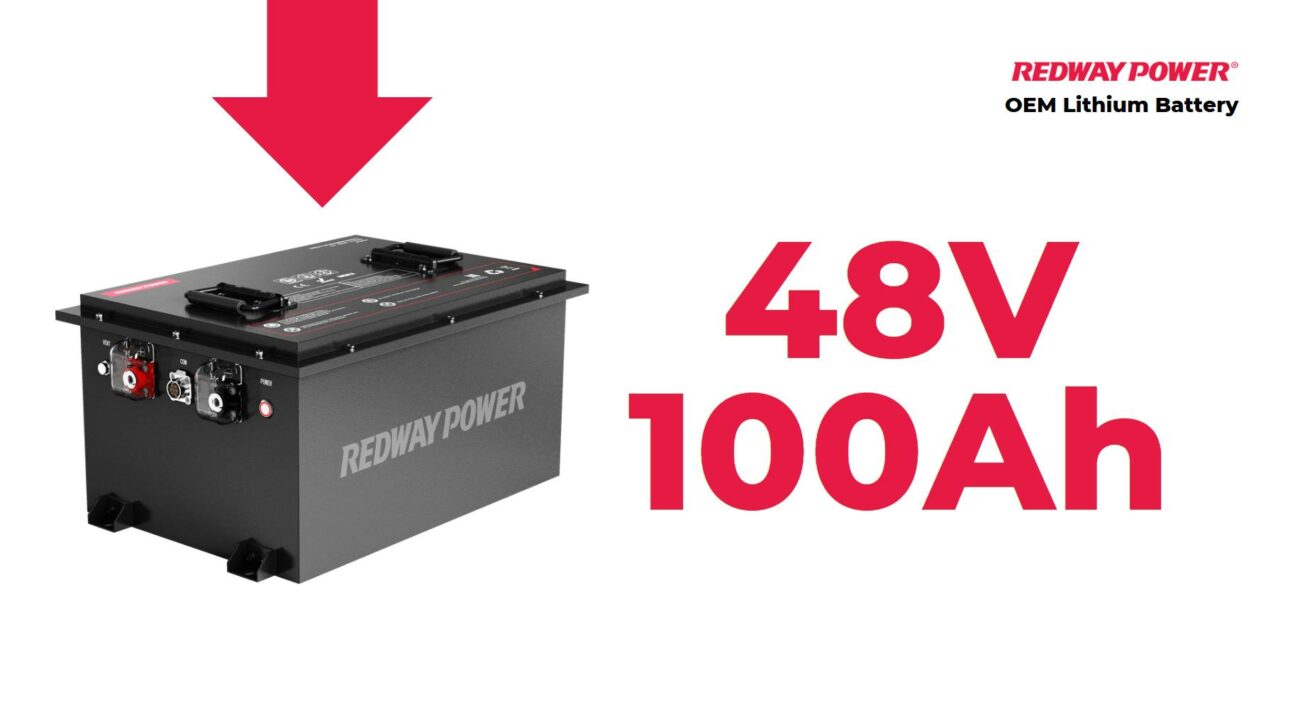In today’s fast-paced world, the efficiency of our energy storage solutions is more crucial than ever. LiFePO4 (Lithium Iron Phosphate) batteries have emerged as a leading choice due to their rapid charging capabilities. This article explores the advantages of LiFePO4 batteries, compares them with other battery types, and highlights their application benefits.
Yes, LiFePO4 batteries charge quickly! They can handle high charging currents (up to 1C), allowing them to fully charge in as little as 30 minutes to a few hours. Their efficient chemistry enables rapid movement of lithium ions during charging, making them ideal for quick recharge needs.
Understanding LiFePO4 Battery Technology
LiFePO4 batteries are a type of lithium-ion battery that utilizes lithium iron phosphate as the cathode material. This unique composition not only enhances safety but also contributes to the battery’s impressive charging speed. Compared to traditional battery technologies, LiFePO4 offers superior performance in several critical areas.
Key Advantages of LiFePO4 Batteries
- Rapid Charging
One of the most significant benefits of LiFePO4 batteries is their rapid charging capability. Unlike lead-acid batteries, which can take several hours to reach a full charge, LiFePO4 batteries can be recharged much more quickly. This efficiency minimizes downtime and maximizes the availability of your devices or equipment. - Enhanced Safety
LiFePO4 batteries are known for their thermal stability and chemical safety. They are less likely to overheat or catch fire compared to other lithium-ion batteries, making them a safer choice for rapid charging applications. - Longevity and Reliability
Fast charging does not compromise the longevity of LiFePO4 batteries. These batteries are designed to withstand numerous charge cycles without significant degradation, ensuring consistent performance over time. - High Energy Density
LiFePO4 batteries offer a high energy density, meaning they can store more energy in a compact size. This efficiency allows for quick top-ups without the need for bulky storage solutions, making them ideal for a wide range of applications.
Comparing LiFePO4 with Other Battery Technologies
To fully appreciate the advantages of LiFePO4 batteries, it is helpful to compare them with other common battery types:
Lead-Acid Batteries
Lead-acid batteries have been a standard choice for many years, but they have notable drawbacks compared to LiFePO4:
- Charging Time: Lead-acid batteries generally require several hours to fully charge. This extended charging time can be impractical for applications that demand quick turnaround.
- Size and Weight: Lead-acid batteries are typically larger and heavier, reducing their portability and ease of use.
Nickel-Metal Hydride (NiMH) Batteries
NiMH batteries offer faster charging than lead-acid but still lag behind LiFePO4 in several aspects:
- Charge Speed: Although NiMH batteries charge faster than lead-acid, they do not match the rapid charging speeds of LiFePO4.
- Energy Density: LiFePO4 batteries generally offer a higher energy density, allowing for more compact battery designs without sacrificing power.
Lithium-Ion Batteries
Lithium-ion batteries share some similarities with LiFePO4 but have distinct differences:
- Charge Efficiency: While lithium-ion batteries can charge quickly, they often generate more heat, which can affect their longevity and performance over time.
- Safety: LiFePO4 batteries are less prone to overheating and are considered safer than many other lithium-ion options.
Applications of LiFePO4 Batteries
The rapid charging capability and other benefits of LiFePO4 batteries make them suitable for a variety of applications:
Consumer Electronics
In consumer electronics, LiFePO4 batteries provide quick charge times and long-lasting power. Devices such as smartphones, laptops, and tablets benefit from the increased efficiency and safety offered by these batteries.
Electric Vehicles
LiFePO4 batteries are a popular choice for electric vehicles (EVs) due to their rapid charging and high energy density. This technology helps reduce the charging time for EVs, making them more convenient for daily use and long-distance travel.
Renewable Energy Storage
For renewable energy systems, such as solar and wind, LiFePO4 batteries offer efficient storage solutions. Their ability to quickly recharge from intermittent energy sources makes them ideal for maintaining a stable energy supply.
Industrial Applications
In industrial settings, LiFePO4 batteries provide reliable power for high-demand applications. They are used in backup power systems, forklifts, and other heavy-duty equipment where rapid charging and durability are essential.
Redway Battery: Your Source for High-Quality LiFePO4 Solutions
For those seeking top-notch LiFePO4 batteries, Redway Battery stands out as a leading supplier. Specializing in 48V 100Ah LiFePO4 batteries, Redway Battery offers customized solutions for various applications, including golf carts and other specialized equipment.
Why Choose Redway Battery?
- Expertise: With extensive experience in the battery industry, Redway Battery provides expert guidance and tailored solutions.
- Quality: The company ensures high-quality manufacturing processes to deliver reliable and efficient LiFePO4 batteries.
- Global Reach: Redway Battery serves B2B and OEM clients worldwide, offering flexible and timely service.
For a quick quote and to explore custom battery solutions, contact Redway Battery today.
Conclusion
LiFePO4 batteries represent a significant advancement in battery technology, offering rapid charging, safety, and long-term reliability. Their advantages over traditional battery types make them a superior choice for various applications, from consumer electronics to industrial machinery. With companies like Redway Battery leading the way in providing high-quality LiFePO4 solutions, you can confidently embrace this technology to meet your energy storage needs.


